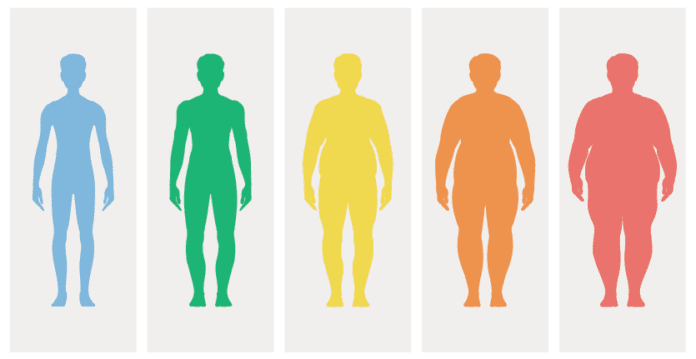Q: “People with obesity” sounds odd to me. Why don’t you just say, “obese people?”
A: Jillian Reece, RD, a dietitian with the Tufts Medical Center Weight and Wellness Center, answers: “Many people are not aware that obesity is a complex disease with multiple causes including genetic, biological, and other noncontrollable factors. In June 2013, the American Medical Association House of Delegates voted to recognize obesity as a disease state. We therefore need to talk and write about obesity as we would any other disease. What is known as ‘people-first language’ recognizes that a person is more than a diagnosis. We therefore say, ‘the person with diabetes’ rather than ‘the diabetic’ and ‘a person with obesity’ instead of ‘an obese person.’ This language is less stigmatizing and helps us to focus on addressing the condition rather than blaming the person.
“Weight bias can have a harmful effect on an individual’s mental and physical health. It can impact every aspect of life, including employment opportunities, quality of healthcare services, and social interactions. Having obesity, or any level of excess body fat, increases the risk for a wide range of other diseases, including cardiovascular disease, diabetes, and cancer. Referring to individuals as ‘obese’ has been shown to influence how individuals feel about their condition and how likely they are to seek medical care.”
[Editor’s Note: Tufts Health & Nutrition Letter strives to consistently employ ‘people-first’ language. When writing about research or conditions associated with obesity, we will say people ‘with obesity’ or ‘having obesity.’ When discussing issues impacted by both overweight and obesity, we will say, ‘people with excess body fat.’]
Sara C. Folta, PhD, is an associate professor at the Friedman School of Nutrition Science and Policy, where she is also the associate dean for Diversity and Inclusion. As part of the program in Nutrition Interventions, Communication, and Behavior Change, she teaches a course on behavioral theory.





















